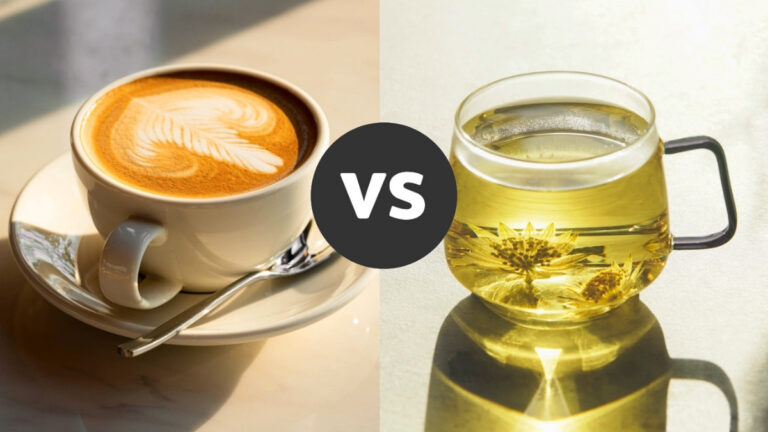For Heart Health in Your 70s, Is It Better to Be a Lifelong Vegetarian or a Moderate Meat Eater?
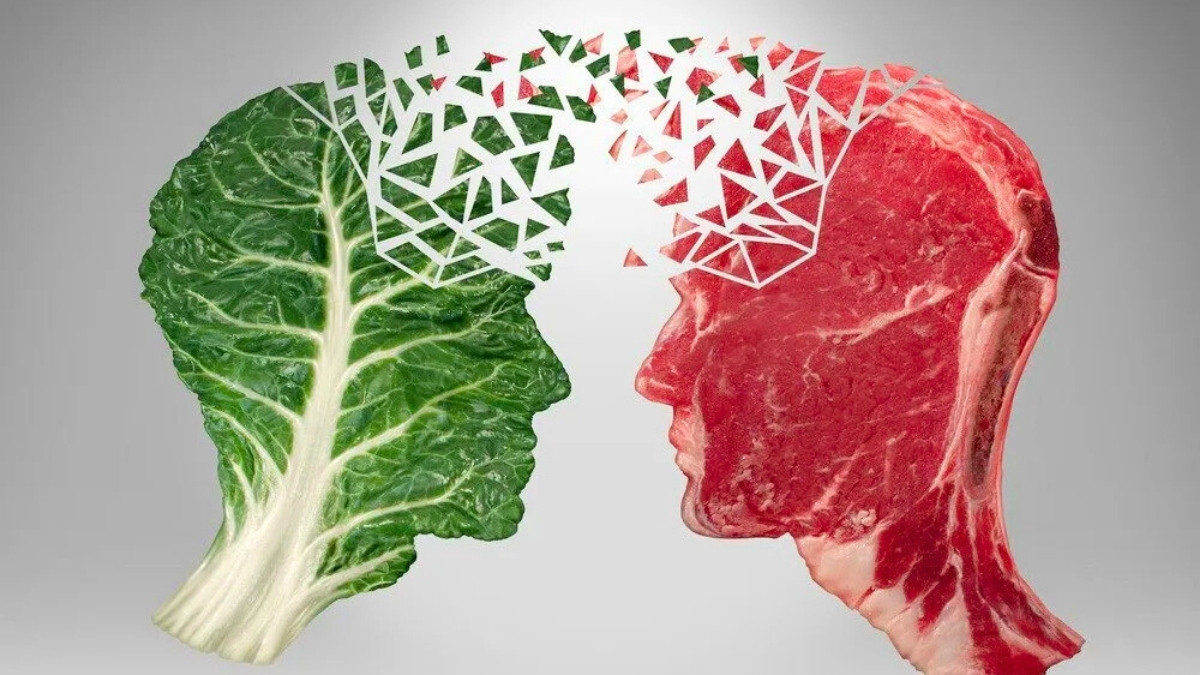
At 73, Margaret has been vegetarian for 40 years, while her twin sister Sarah eats salmon twice a week and occasional lean meats—yet both have strong, healthy hearts. That makes many older adults wonder which diet truly supports heart health in your 70s.
Confusing nutrition headlines don’t help. You hear one thing about plant-based eating, then another about the benefits of fish or lean meats. Add changing nutrient needs, medication effects, and decades of habits, and it’s hard to know what’s best.
This guide breaks it down simply. You’ll learn how diet affects cardiovascular health and elderly nutrition, what nutrients matter most for seniors, and how to choose the plan that fits your body, lifestyle, and long-term goals.

How Your Heart Changes After 70—and What You Can Do About It
By your 70s, your heart works harder than before. Arteries get stiffer, which can raise blood pressure and reduce how much blood your heart pumps out. Nearly 70% of adults over 70 have some form of cardiovascular disease, such as atrial fibrillation, heart failure, or coronary artery disease.

Inflammation and oxidative stress also rise with age, damaging cells that support healthy blood flow. Your body absorbs less vitamin B12 and iron because of lower stomach acid, and reduced muscle mass (sarcopenia)—which affects 10–27% of older adults—can weaken heart strength.
Watch for medication-nutrient interactions: blood thinners can conflict with leafy greens, and statins may lower CoQ10 levels. Paying attention to these helps protect heart health in your 70s and supports cardiovascular health in the elderly.
The Lifelong Vegetarian Advantage for a Stronger Heart
People who eat plant-based for decades often have lower LDL cholesterol, better blood pressure, and healthier arteries. Studies, including the Adventist Health Study-2, show lifelong vegetarians have a 24% lower risk of ischemic heart disease. That’s a big deal for long-term heart protection.
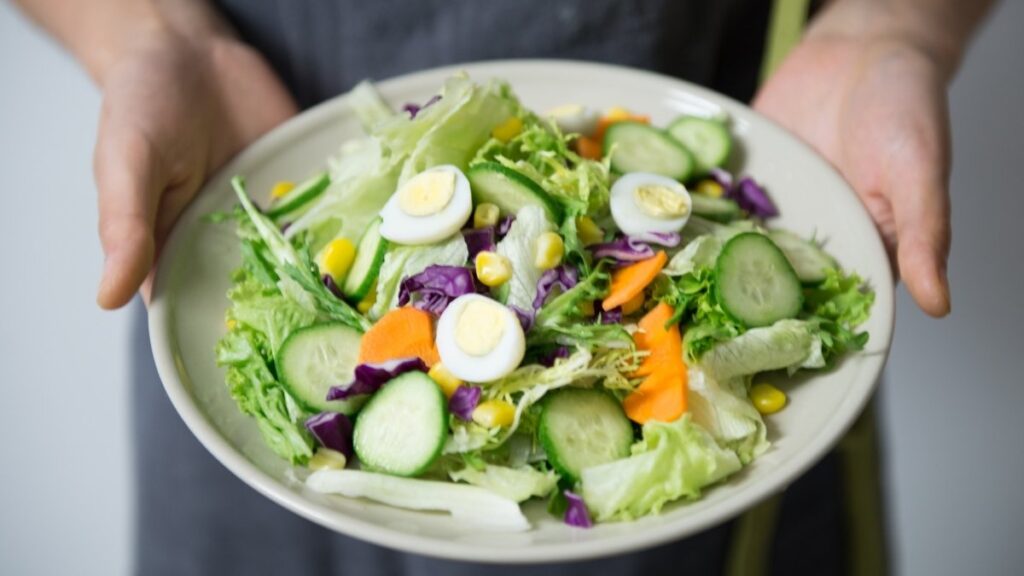
Plant foods are rich in anti-inflammatory compounds like polyphenols and phytonutrients. These protect aging hearts from oxidative damage. And fiber—about 25–30 grams daily compared to the average 16 grams—helps lower cholesterol and supports a healthy gut. Over time, your gut microbiome adapts, improving how your body digests and uses plant nutrients.
Still, lifelong vegetarians should watch for nutrient gaps. Vitamin B12, iron, omega-3s, and vitamin D may run low, so supplements or fortified foods help. Algae-based omega-3s are a smart pick for heart and brain health. Pairing grains and beans ensures complete proteins, while calcium from greens supports bones—and your heart, too.

This steady, plant-focused eating pattern truly supports vegetarian heart health and offers one of the best diets for seniors heart disease prevention.
Why Moderate Meat Eating Can Still Protect Your Heart
Eating small amounts of high-quality meat can support heart muscle and prevent frailty as you age. Animal proteins supply heme iron, vitamin B12, creatine, taurine, and carnosine—nutrients that keep your heart strong. After 70, your protein needs rise to about 1.0–1.2g per kg of body weight to maintain muscle and heart function.
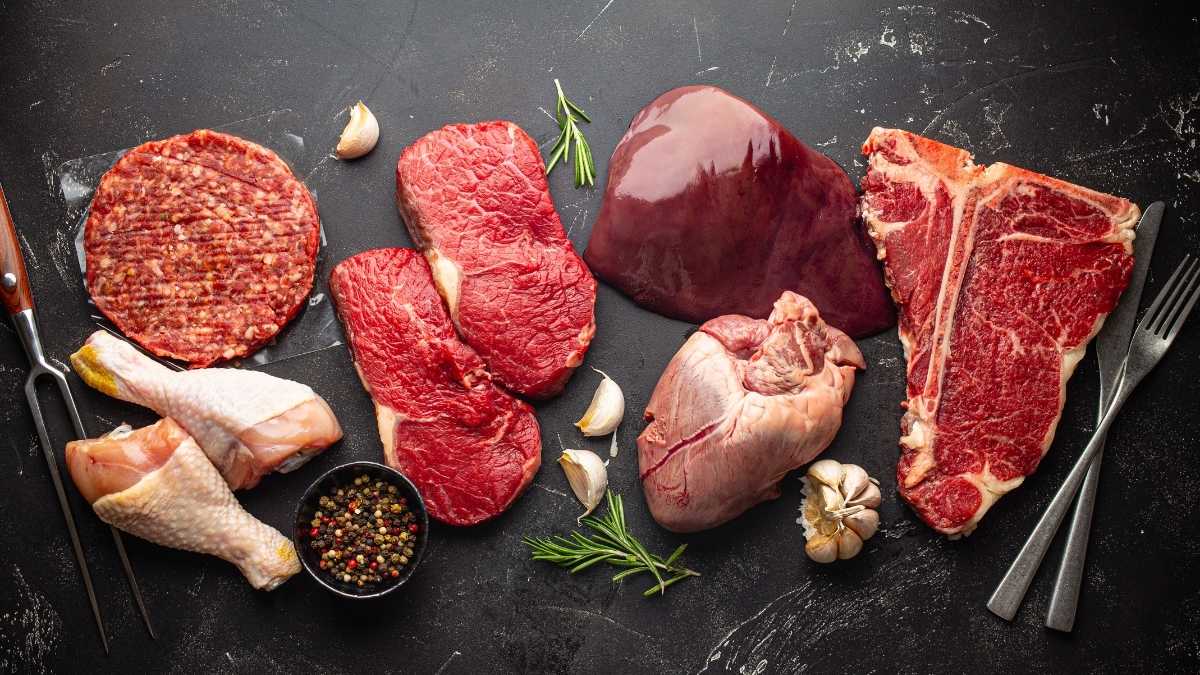
Fish makes a big difference. Just 2–3 servings of fatty fish each week—like salmon, sardines, or mackerel—can cut heart failure risk by 36%. That’s part of why the Mediterranean diet, which includes moderate lean meat and fish, improves cardiovascular health in elderly nutrition.
Choose grass-fed or lean cuts, avoid processed meats, and use gentle cooking methods like baking or grilling. That’s the smart path for meat eater heart health and balanced protein needs in seniors.
The Key Nutrients Your Heart Needs Most in Your 70s
By your 70s, small nutrient gaps can make a big difference. Around 30–40% of older adults have low vitamin B12, which raises homocysteine—a marker linked to higher heart disease risk. Lower stomach acid makes B12 harder to absorb for both vegetarians and meat eaters, so blood testing helps catch it early.
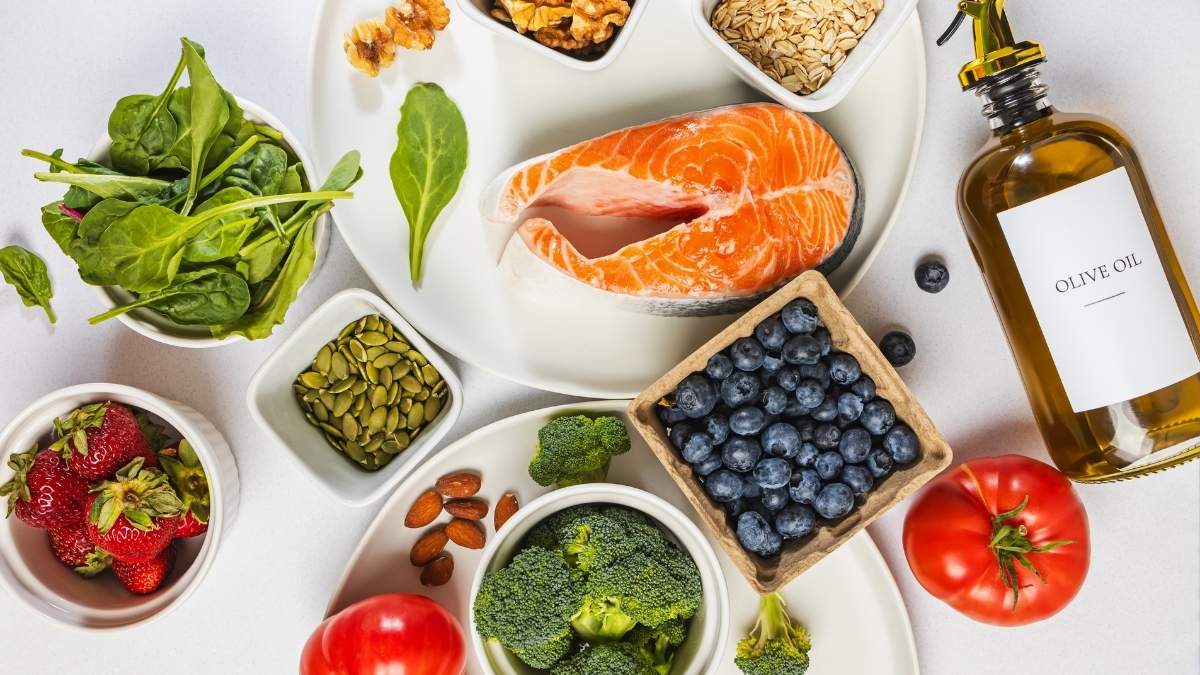
Omega-3s (EPA and DHA) reduce inflammation and protect arteries. Aim for 250–500mg daily, as shown in the VITAL trial. To keep heart muscle strong, spread 25–30g of protein per meal from quality sources.
Magnesium and potassium help steady your heartbeat, while antioxidants from colorful fruits and veggies fight oxidative stress. Together, these nutrients build a strong foundation for heart health in your 70s diet and support long-term nutrients for cardiovascular health in seniors.
What New Research Says About Diet and Aging Hearts
Recent studies show there’s no single “perfect” heart diet for seniors—but quality matters most. The PREDIMED trial confirmed that a Mediterranean-style diet lowers heart risk in older adults, while UK Biobank data found flexitarian eaters—those who eat mostly plants with some meat—also do well.

2023–2024 research links plant-forward diets to fewer cardiovascular events, yet experts stress personalized nutrition based on genetics, gut health, and medical history. The gut microbiome plays a key role in how your body responds to different foods.

According to AHA 2023 guidance, the best diet for seniors’ heart disease prevention focuses on whole foods, steady exercise, low stress, and good sleep. That’s evidence-based nutrition for lasting cardiovascular health.
Which Diet Is Right for Your Heart in Your 70s?
There’s no one-size-fits-all plan. The best heart health in your 70s diet depends on your current condition and medications. For example, ACE inhibitors and potassium-rich foods like bananas or spinach can raise potassium too high. People on warfarin must keep vitamin K intake consistent to avoid blood-thinning issues.
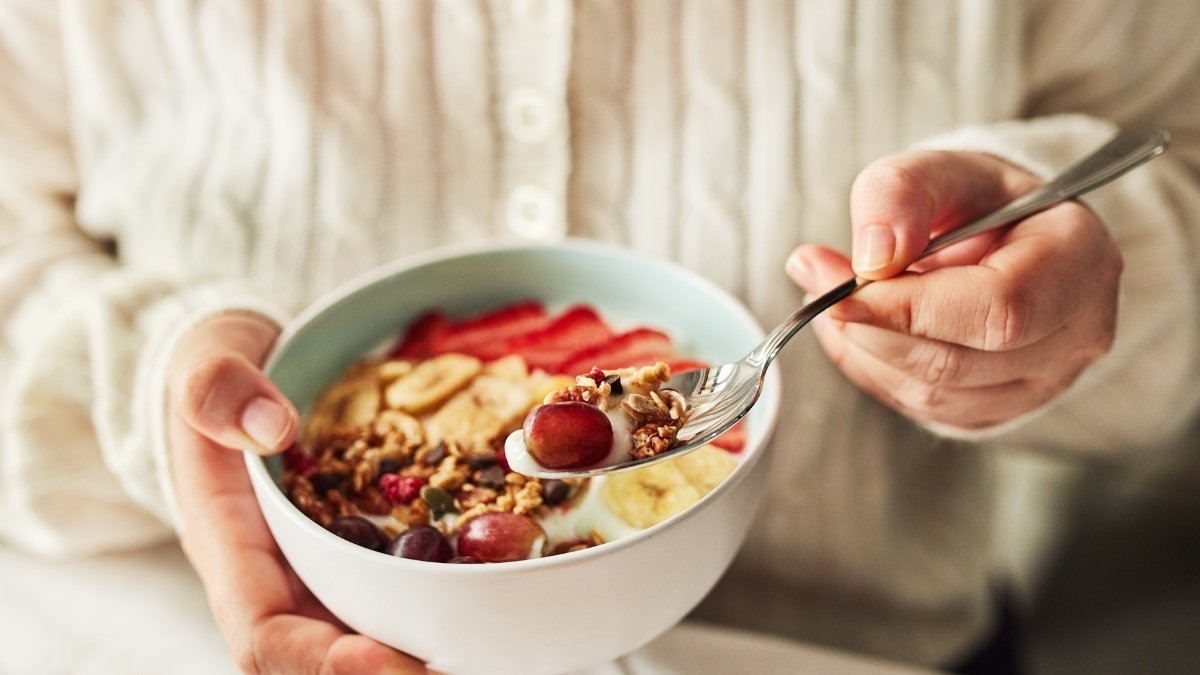
If you have heart failure or kidney problems, extra protein may strain your system. But for those losing muscle, more protein helps protect heart strength. Vegetarian diets may suit those with high cholesterol, while moderate meat plans fit people needing more iron or B12.
Your personalized nutrition for cardiovascular health should match your medical needs, lifestyle, and comfort with change—especially if you’re switching diets after 70. Talk with a dietitian or cardiologist before making big shifts in your seniors’ dietary choices
Lastly,
There isn’t one perfect diet for everyone in their 70s. Both plant-based and moderate meat diets can support strong heart health when planned carefully. What matters most is your overall health, nutrient balance, and the quality of your food choices.
Lifelong vegetarians should focus on getting enough vitamin B12, omega-3s, and high-quality protein. Moderate meat eaters should choose lean, unprocessed meats, keep portions small, and eat plenty of fruits, vegetables, and whole grains. If you’re changing your diet after many years, get medical advice first—your body’s needs have changed, too.

Schedule a full cardiovascular check-up with nutrient testing and discuss your diet in context with your medications and goals. Working with a dietitian who understands senior heart health can help make your plan safe and effective.
Your heart health in your 70s diet is too important for one-size-fits-all advice—make it personal, make it evidence-based, and make it sustainable.



